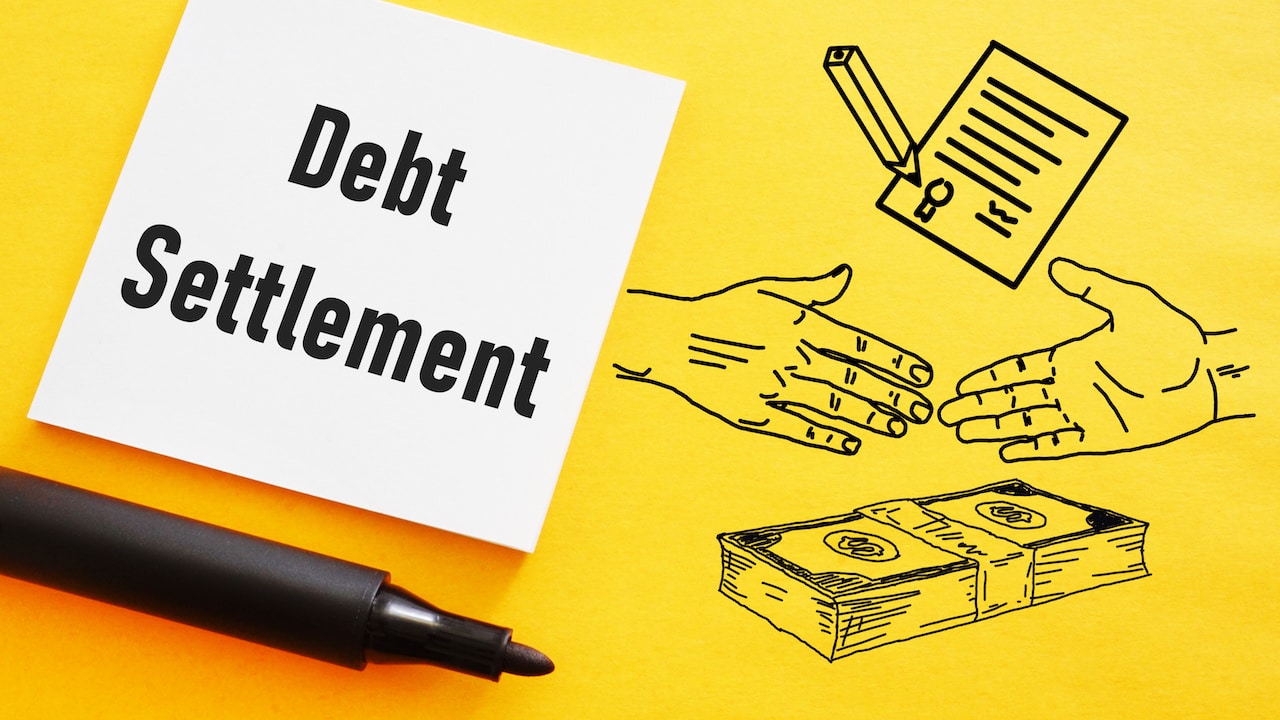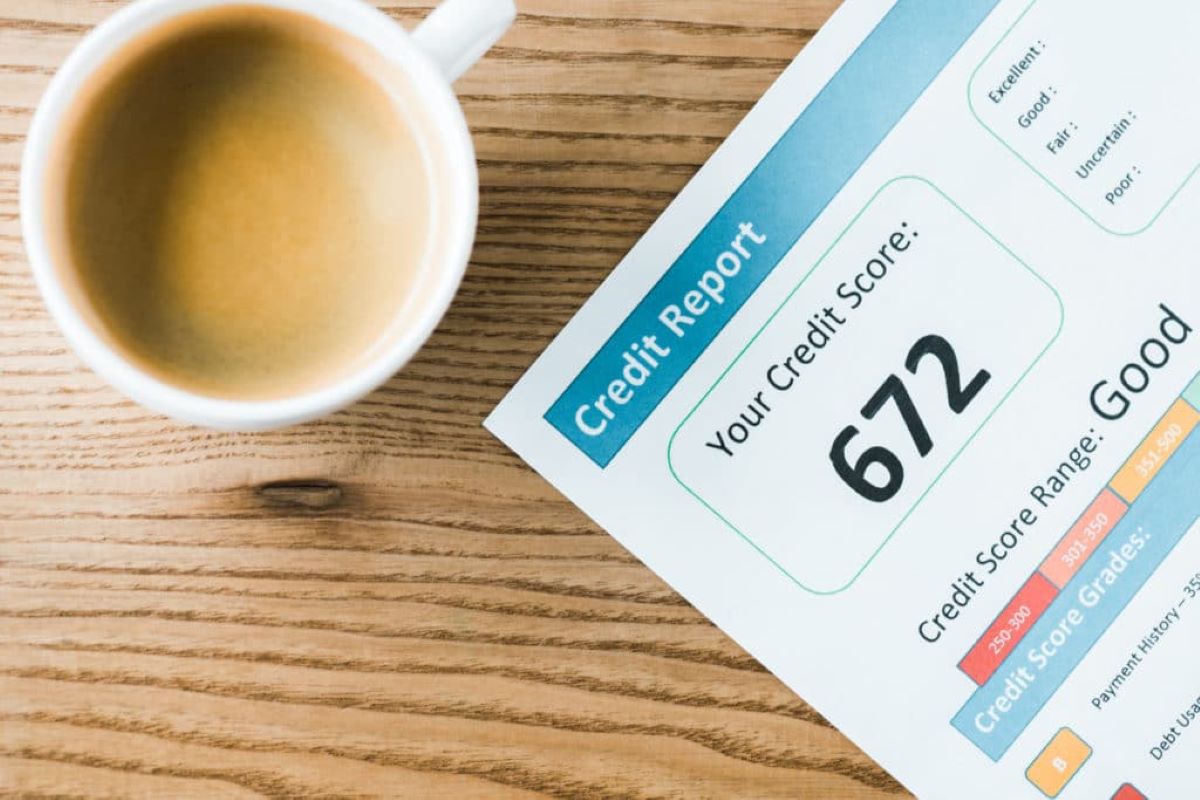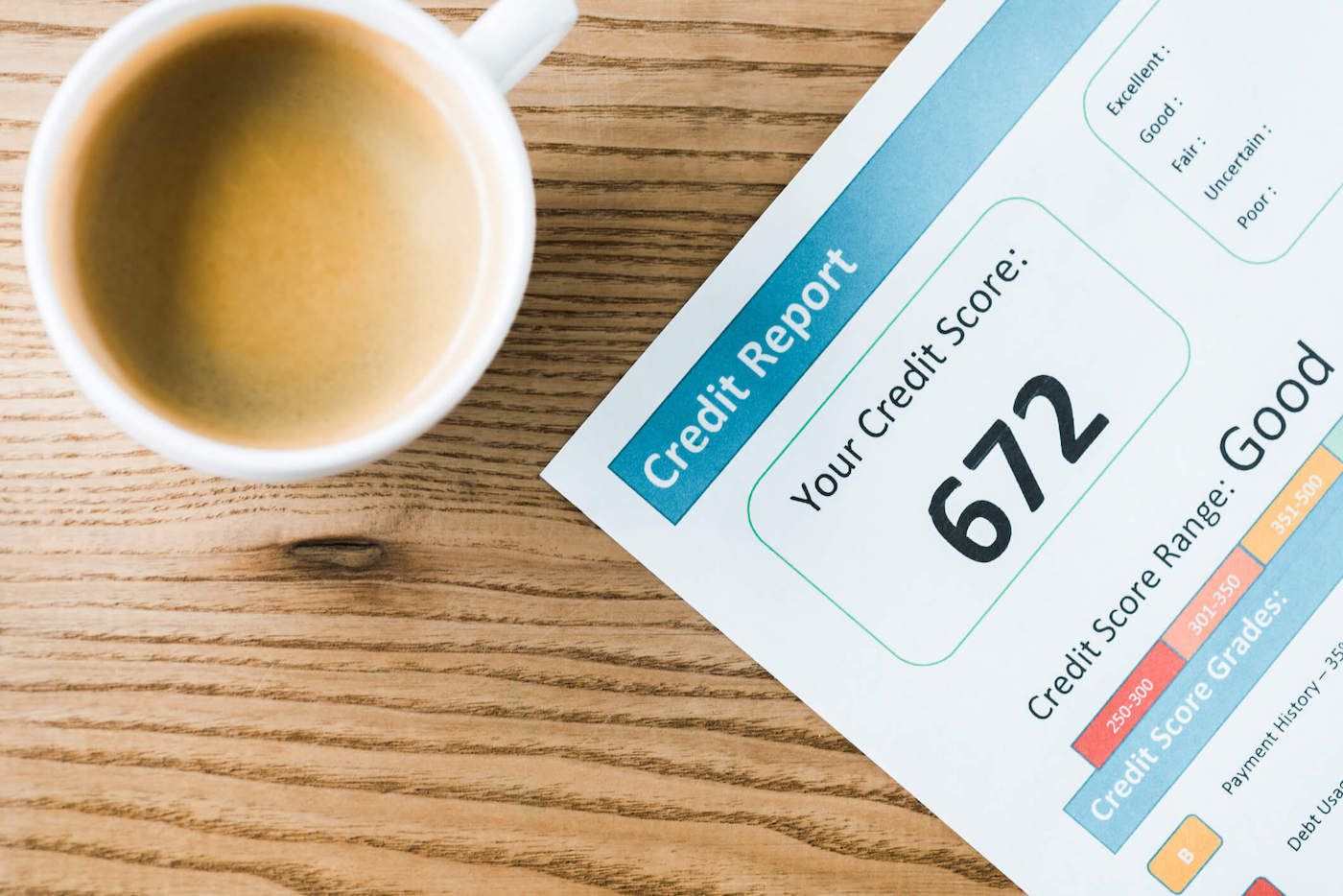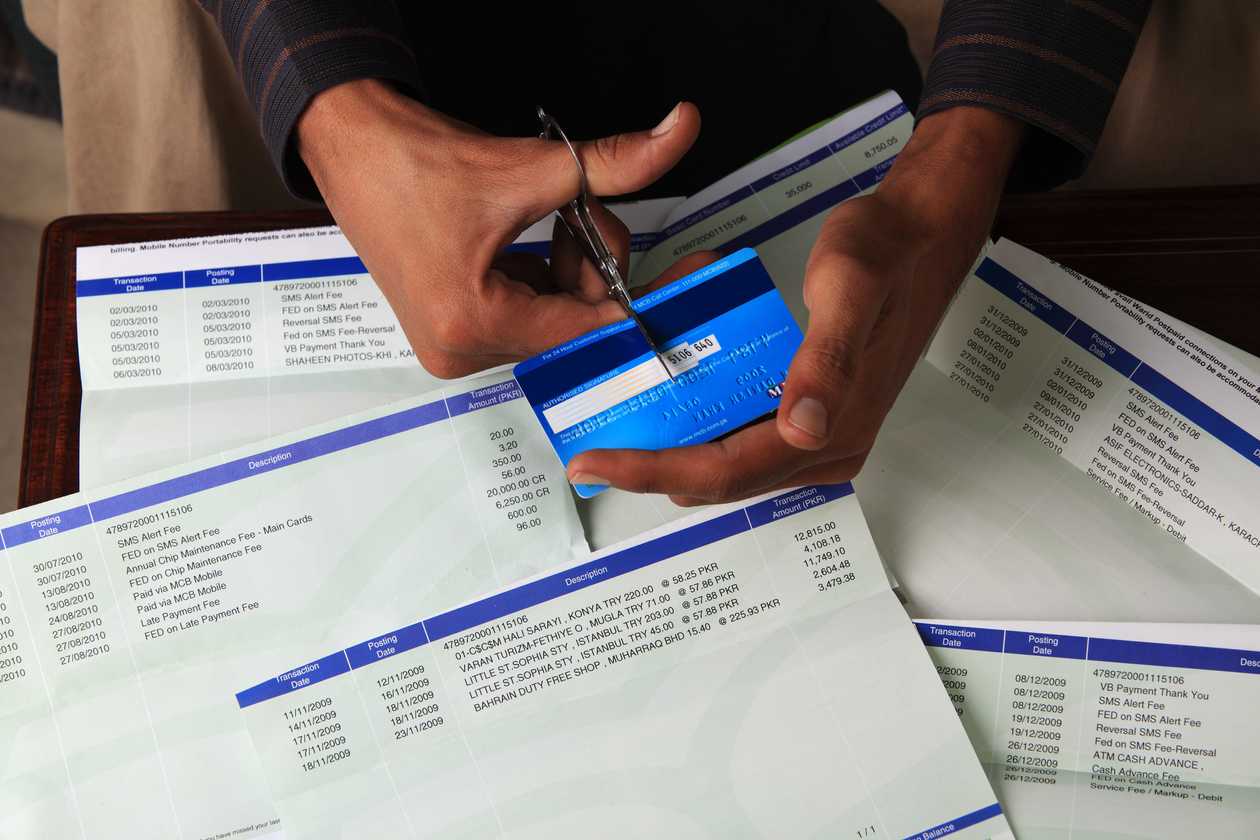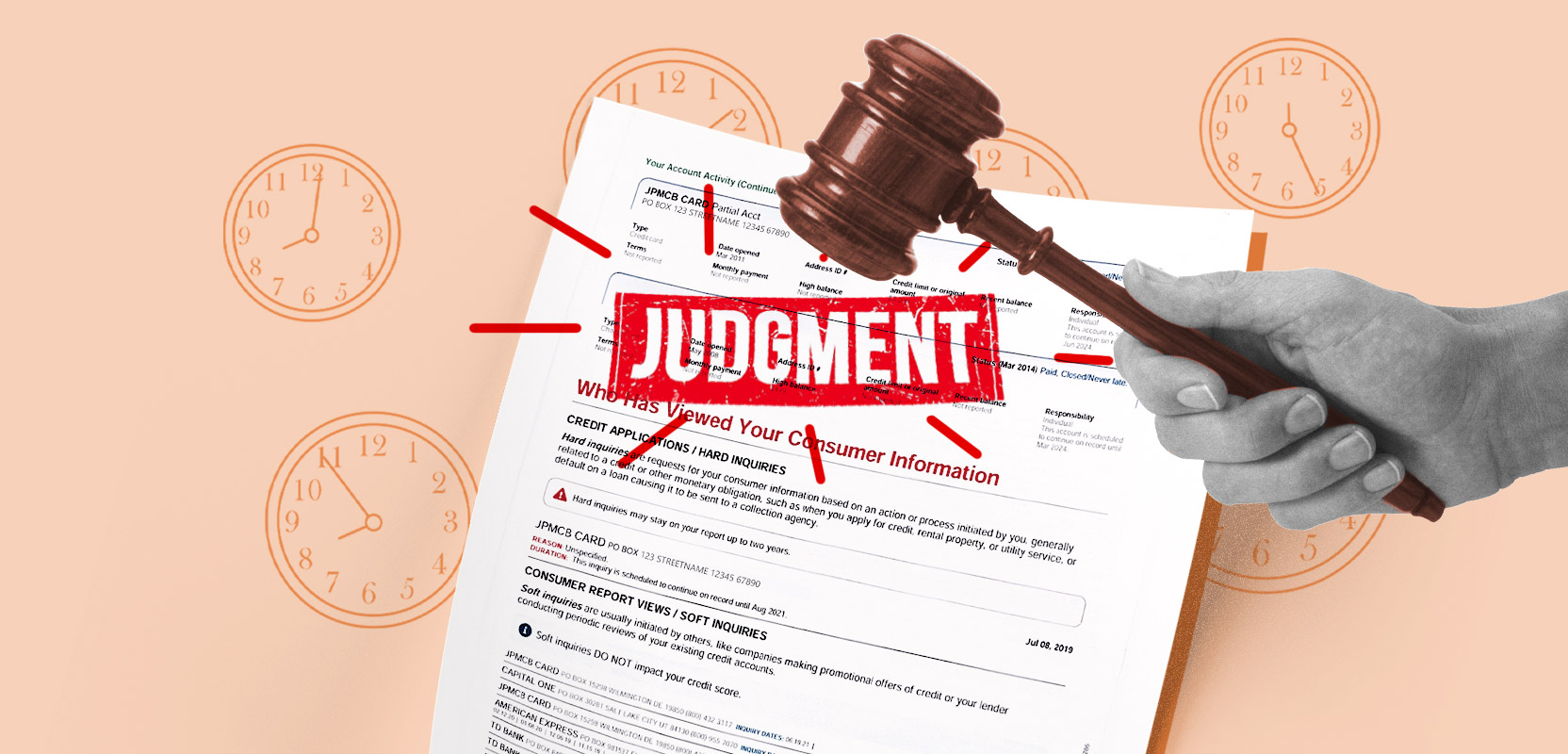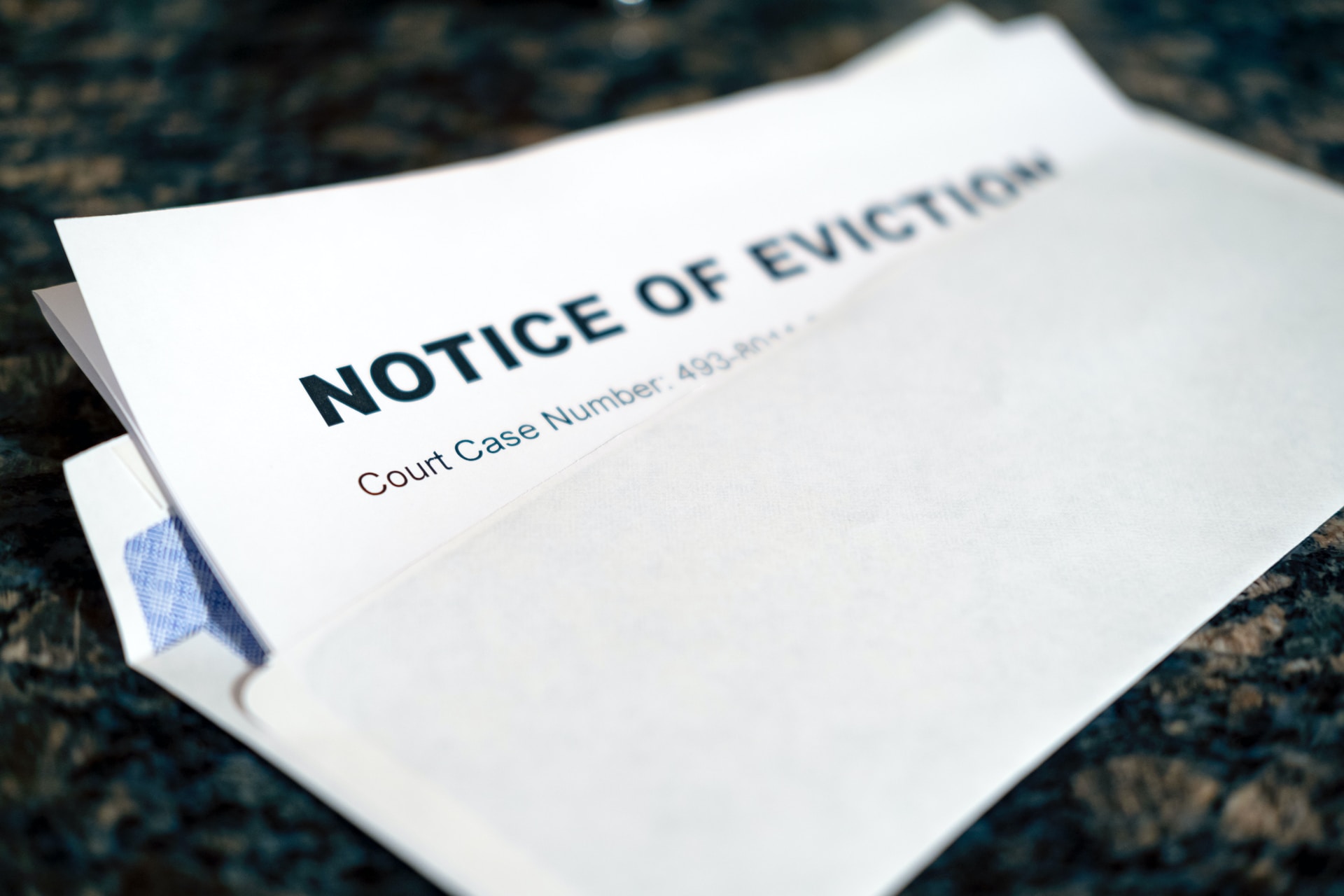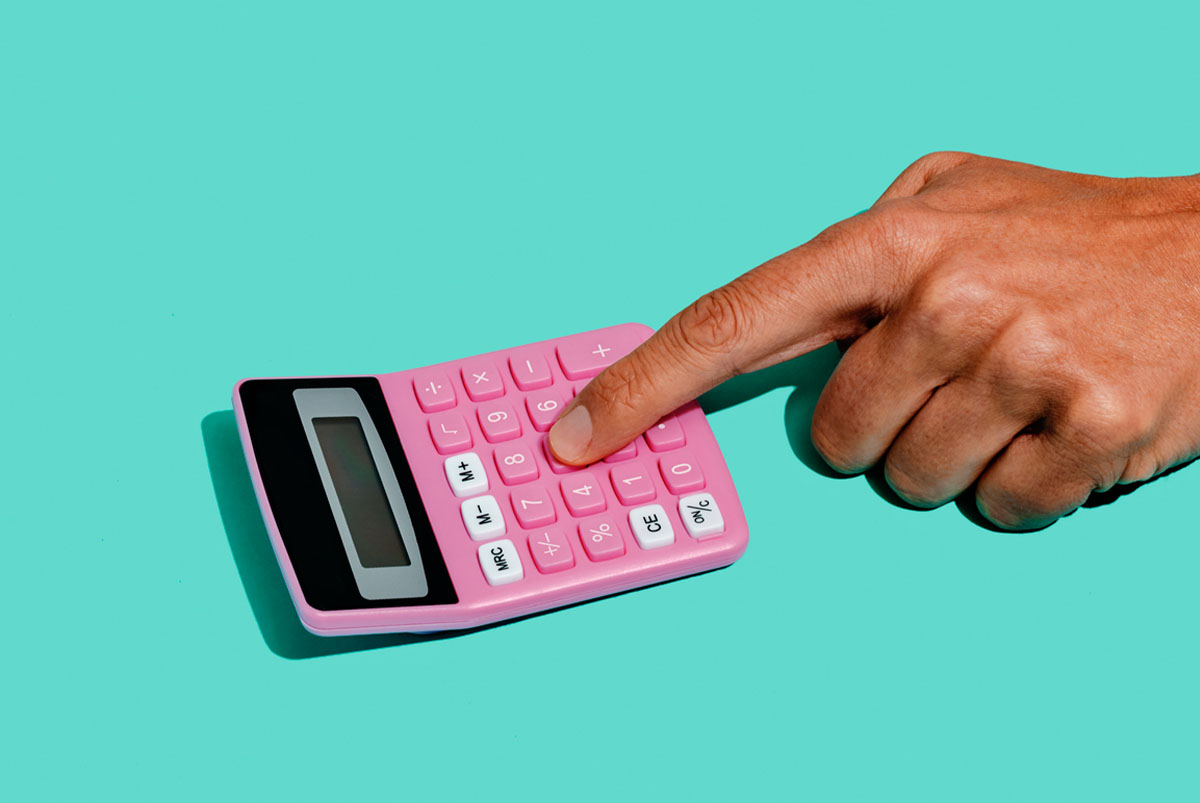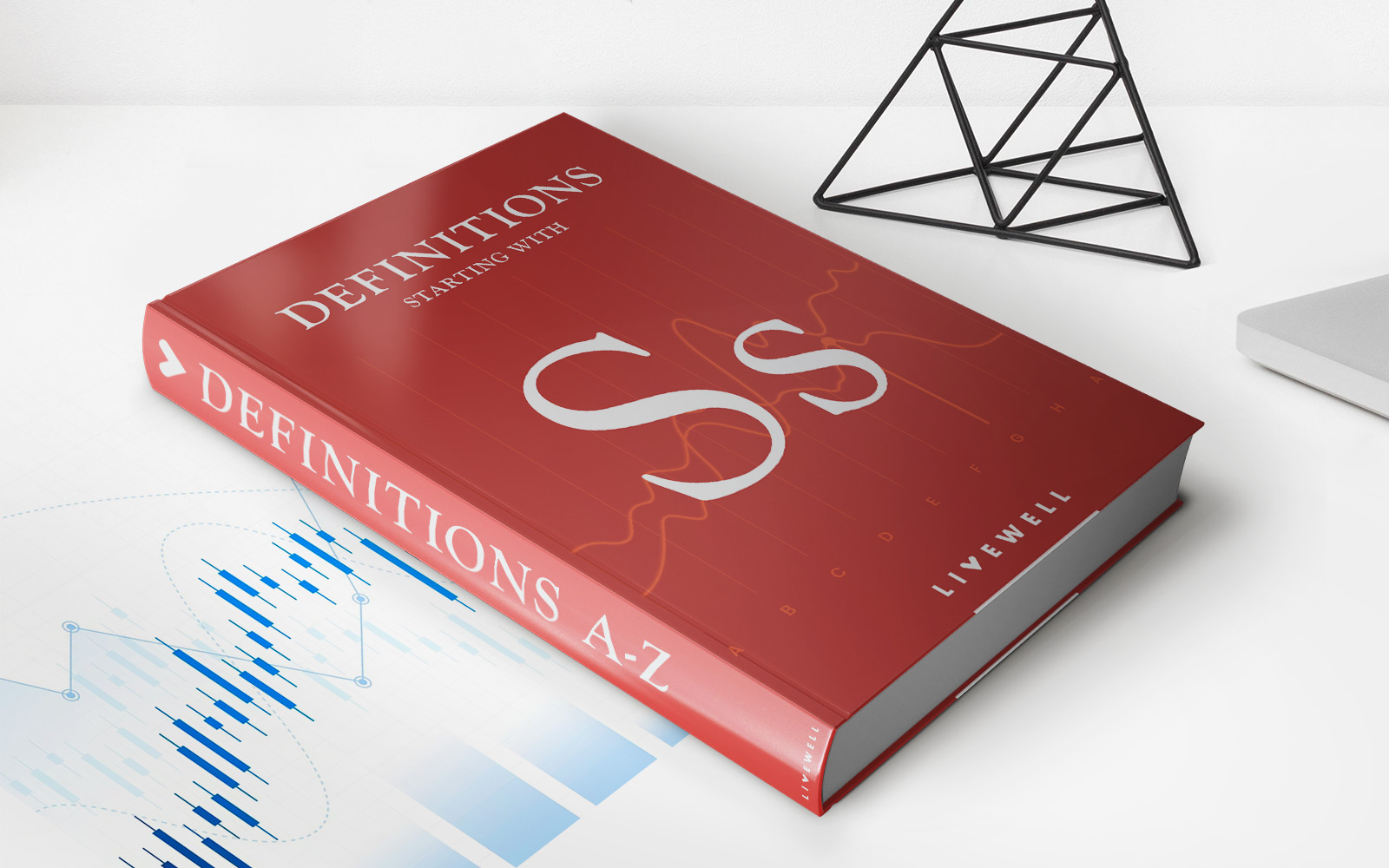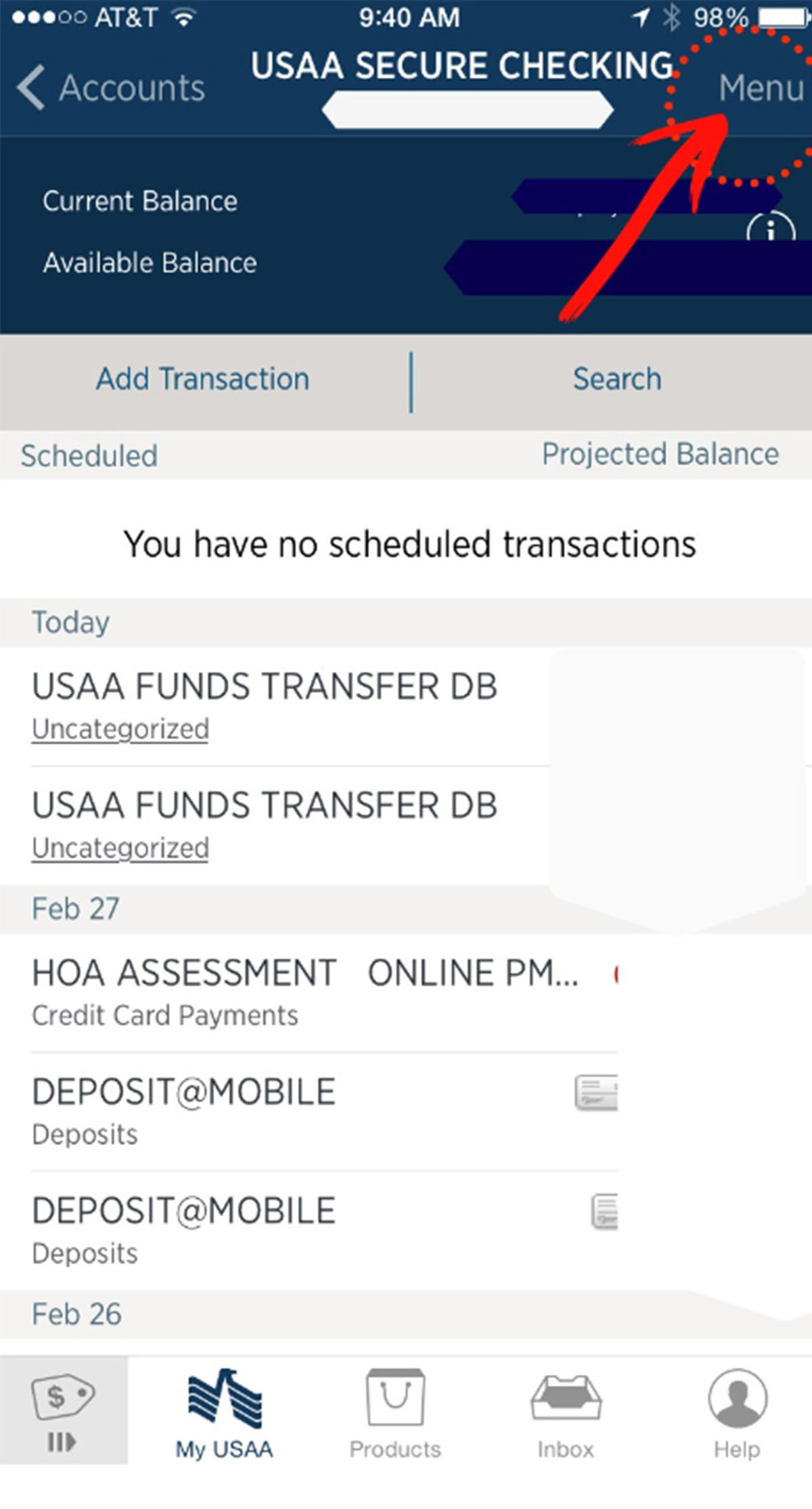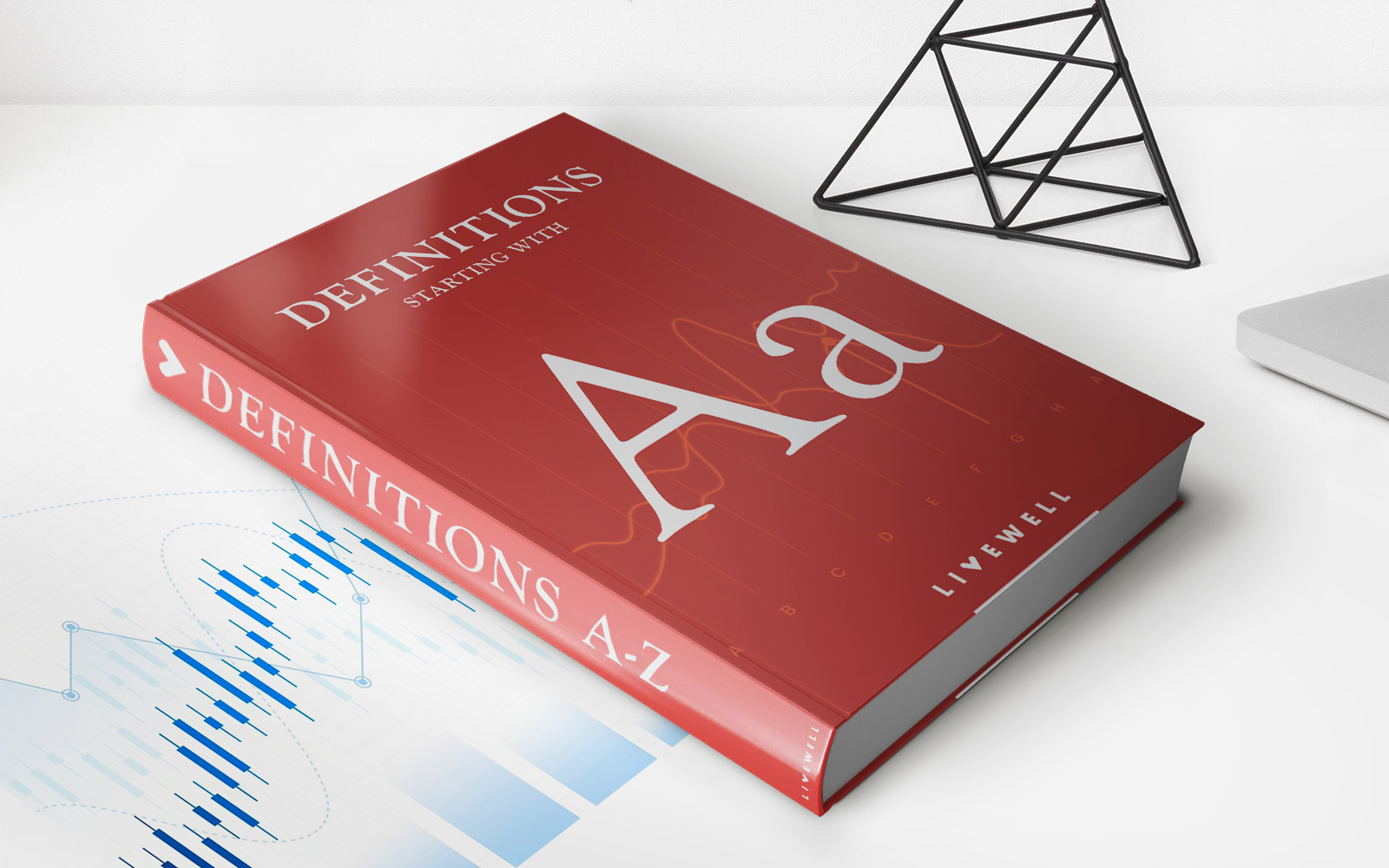Home>Finance>How Long Does Debt Consolidation Stay On Your Credit Report


Finance
How Long Does Debt Consolidation Stay On Your Credit Report
Published: December 21, 2023
Learn how long debt consolidation stays on your credit report and its impact on your finances. Explore the duration and effects of debt consolidation on your credit score.
(Many of the links in this article redirect to a specific reviewed product. Your purchase of these products through affiliate links helps to generate commission for LiveWell, at no extra cost. Learn more)
Table of Contents
- Introduction
- What is Debt Consolidation?
- How Does Debt Consolidation Affect Your Credit?
- How Long Does Debt Consolidation Stay on Your Credit Report?
- Factors Influencing the Length of Time Debt Consolidation Stays on Your Credit Report
- Benefits and Drawbacks of Debt Consolidation for Your Credit
- Tips for Managing Debt Consolidation and Your Credit Report
- Conclusion
Introduction
Debt is a common financial challenge that many people face at some point in their lives. It can be overwhelming and difficult to manage, particularly when you have multiple debts with different interest rates and payment schedules. This is where debt consolidation comes into play.
Debt consolidation is a financial strategy that involves combining multiple debts into a single loan or credit line. This can make it easier to manage your debts by simplifying the repayment process and potentially lowering your overall interest rate.
However, when considering debt consolidation, it’s important to understand how it can impact your credit report. Your credit report is a detailed record of your borrowing and payment history, which lenders use to assess your creditworthiness. Any significant changes to your credit report can have both positive and negative effects on your credit score and future financial opportunities.
In this article, we will explore how debt consolidation affects your credit and how long it stays on your credit report. We will also discuss the factors that influence the duration of its impact, as well as the benefits and drawbacks of debt consolidation for your credit. Lastly, we will provide some valuable tips for managing debt consolidation while maintaining a healthy credit report.
What is Debt Consolidation?
Debt consolidation is a financial strategy that involves combining multiple debts into a single loan or credit line. Essentially, it allows you to pay off your existing debts by taking out a new loan or line of credit. This new loan typically has more favorable terms, such as a lower interest rate or longer repayment period, than your existing debts.
The main goal of debt consolidation is to simplify your repayment process and make it more manageable. Instead of keeping track of multiple payments and due dates, you only have to make one payment towards your consolidated loan. This can help you stay organized and avoid late payments or missed payments, which can negatively impact your credit score.
There are different methods of debt consolidation, including:
- Debt Consolidation Loans: These are personal loans that you can use to pay off your existing debts. You borrow a lump sum from a lender and use it to pay off your creditors. Then, you make regular monthly payments towards the loan until it is fully repaid.
- Balance Transfer: This method involves transferring the balances from your high-interest credit cards to a new credit card with a lower or 0% introductory interest rate. By consolidating your credit card debts into one card, you can save money on interest charges and pay off your debt faster.
- Home Equity Loans or Lines of Credit: If you own a home, you may be able to use your equity as collateral for a loan or line of credit. This allows you to consolidate your debts and potentially access a lower interest rate.
- Debt Management Plan: This approach involves working with a credit counseling agency to create a repayment plan for your debts. The agency negotiates with your creditors to lower your interest rates and create a more affordable payment plan.
It’s important to note that debt consolidation is not a one-size-fits-all solution. The most suitable method for you will depend on your individual financial situation and goals. Before pursuing debt consolidation, it’s essential to carefully assess your options, seek advice from financial professionals, and consider the potential impact on your credit.
How Does Debt Consolidation Affect Your Credit?
When you consolidate your debts, it can have both positive and negative effects on your credit. Let’s explore how debt consolidation affects your credit:
Positive Effects:
- Simplifies Your Payment History: By consolidating your debts into a single loan or credit line, you have fewer accounts to manage. This can make it easier to stay on top of your payments and avoid late or missed payments, which can damage your credit score.
- Potential Improvement in Credit Utilization Ratio: Credit utilization ratio is the amount of credit you are using compared to the total available credit. When you consolidate your debts, you may have access to a higher credit limit, which can lower your credit utilization ratio. A lower ratio is generally seen as positive by lenders and can boost your credit score.
- Opportunity to Establish Positive Payment History: If you consistently make your debt consolidation payment on time, it can help you build a positive payment history. Timely payments are a crucial factor in determining your creditworthiness and can improve your credit score over time.
Negative Effects:
- Potential Short-Term Impact on Credit Score: When you apply for a new loan or credit line for debt consolidation, it may result in a hard inquiry on your credit report. This can negatively impact your credit score temporarily. However, the impact is typically minimal and fades over time.
- Important to Maintain Good Financial Habits: Debt consolidation is not a solution if you continue to accumulate new debts or if you fail to make timely payments on your consolidated loan. It’s crucial to practice responsible financial habits to maintain a healthy credit score.
- Accounts Remain on Your Credit Report: While the debt itself may be consolidated, the individual accounts that were paid off may still be listed on your credit report. These accounts can stay on your report for up to seven years, depending on the credit reporting agency and the type of debt.
Overall, the impact of debt consolidation on your credit will depend on various factors, including your payment history, credit utilization ratio, and how you manage your new consolidated loan. By practicing responsible financial habits and making timely payments, debt consolidation can have a positive impact on your credit over time.
How Long Does Debt Consolidation Stay on Your Credit Report?
When you consolidate your debts, it’s important to understand that the record of your debt consolidation will stay on your credit report for a certain period of time. Generally, debt consolidation stays on your credit report for about seven years from the date of the original delinquency of the debts that were consolidated.
This means that even if you have successfully paid off your consolidated loan, the information about the debts being consolidated and the debt consolidation process itself will still be visible on your credit report for several years.
It’s worth noting that the duration may vary depending on the credit reporting agency and the type of debt that was consolidated. For example, negative items like late payments or defaulted debts that were part of the consolidation may remain on your credit report for up to seven years, while positive items like timely payments on the consolidated loan can contribute to your credit history and potentially have a longer-lasting impact.
During the time that debt consolidation stays on your credit report, it can affect your creditworthiness and may be considered by lenders when evaluating your credit applications. However, as the information ages and you continue to demonstrate responsible financial behavior, the impact of the debt consolidation on your credit report and score gradually lessens.
It’s important to note that debt consolidation is not a magic fix that erases your credit history or instantly improves your credit score. Responsible credit management, including making timely payments on your consolidated loan and practicing good financial habits, is essential for maintaining a positive credit profile.
Finally, remember that the length of time debt consolidation stays on your credit report should not discourage you from pursuing debt consolidation if it aligns with your financial goals. Instead, it serves as a reminder to be diligent in your credit management and to work towards improving your overall financial health.
Factors Influencing the Length of Time Debt Consolidation Stays on Your Credit Report
The length of time that debt consolidation stays on your credit report can be influenced by various factors. Understanding these factors can give you insights into how long the impact of debt consolidation will affect your credit profile:
- Type of Debt: Different types of debts have different reporting periods. For example, credit card debts and personal loans typically remain on your credit report for up to seven years, while bankruptcies may stay on your report for up to ten years.
- Credit Reporting Agency: Each credit reporting agency may have slightly different policies regarding the length of time that debt consolidation stays on your credit report. It’s important to review your credit reports from each agency to ensure accuracy and consistency.
- Date of Original Delinquency: The clock starts ticking on the reporting period from the date of the original delinquency of the debts that were consolidated. This means that the seven-year timeline is based on when the debts first became delinquent, not the date of when you consolidated them.
- Timely Payments: If you make all your payments on time after consolidating your debts, it can positively impact how long the debt consolidation remains on your credit report. Consistently making timely payments demonstrates responsible financial behavior and can help improve your credit score.
- Negative Information: Any negative information associated with the debts that were consolidated, such as late payments or defaults, will also be reported on your credit report for the respective period. This negative information can potentially impact your credit score during the time it remains on your report.
Keep in mind that the exact timeframe for how long debt consolidation stays on your credit report may vary based on these factors. It’s essential to review your credit report regularly to ensure accuracy and to understand how long the impact of debt consolidation will affect your creditworthiness.
While debt consolidation may initially have a negative impact on your credit report, it’s important to remember that its long-term effects can be positive. By making timely payments, practicing responsible financial habits, and maintaining a good credit history, you can mitigate the impact of debt consolidation and work towards improving your credit score over time.
Benefits and Drawbacks of Debt Consolidation for Your Credit
Debt consolidation can have both benefits and drawbacks when it comes to your credit. Understanding these pros and cons can help you make an informed decision about whether debt consolidation is the right choice for you. Let’s explore them:
Benefits:
- Simplifies Repayment: Debt consolidation streamlines your repayment process by combining multiple debts into a single loan or credit line. This can make it easier to manage your payments and reduce the chances of late or missed payments, which can negatively impact your credit score.
- Lowers Interest Rates: If you can secure a lower interest rate through debt consolidation, you may save money on interest charges over time. This can help you pay off your debts faster and potentially improve your credit score.
- Potential Improvement in Credit Utilization Ratio: Debt consolidation can increase your available credit limit, which can lower your credit utilization ratio. Lenders generally view a lower credit utilization ratio favorably, which can have a positive impact on your credit score.
- Opportunity for Positive Payment History: Making timely payments on your consolidated loan provides an opportunity to establish a positive payment history. Consistently meeting payment obligations can demonstrate responsible financial behavior and contribute to an improved credit score.
Drawbacks:
- Potential Impact on Credit Score: Applying for a new loan or credit line for debt consolidation may result in a temporary dip in your credit score due to the hard inquiry. However, the impact is typically minimal and fades over time as you make timely payments and manage your debts responsibly.
- Possible Fees and Costs: Some debt consolidation options may involve fees or costs, such as balance transfer fees or loan origination fees. It’s important to consider these costs and evaluate whether the potential savings outweigh the associated fees.
- Accounts Remain on Credit Report: While the debts themselves may be consolidated, the individual accounts that were paid off may still be listed on your credit report. These accounts can have a lingering impact on your credit history, although their influence lessens over time.
- Potential to Accumulate New Debt: Debt consolidation is not a solution if you continue to accumulate new debts or fail to address the root causes of your financial challenges. It’s important to develop healthy financial habits and avoid taking on additional debt to reap the full benefits of debt consolidation.
Considering these benefits and drawbacks, it’s crucial to carefully evaluate your financial situation and goals before pursuing debt consolidation. While it can be a useful tool to manage and improve your credit, responsible financial management and a commitment to making timely payments are essential for long-term success.
Tips for Managing Debt Consolidation and Your Credit Report
Managing debt consolidation and your credit report requires careful attention and smart financial decisions. Here are some helpful tips to ensure you effectively navigate this process:
- Create a Budget: Develop a realistic budget that includes your debt consolidation loan or credit line payment. This will help you stay on track and ensure you can make timely payments consistently.
- Make Timely Payments: Pay your debt consolidation installment on time each month. Late payments can negatively impact your credit score and make it harder to improve your overall creditworthiness.
- Avoid Additional Debt: Resist the temptation to accumulate more debt while you are working on paying off your consolidated loan. Focus on reducing your existing debt and improving your financial situation before taking on new obligations.
- Monitor Your Credit Report: Regularly review your credit report to ensure accuracy and identify any discrepancies or errors. If you notice any inaccuracies, contact the credit reporting agencies to have them corrected.
- Build an Emergency Fund: Establish an emergency fund to cover unexpected expenses and prevent reliance on credit cards or loans. Having financial reserves can help you avoid accruing more debt in case of unexpected setbacks.
- Seek Professional Assistance: If you are struggling with managing your debt consolidation or credit report, consider seeking advice from a financial professional or credit counseling agency. They can provide guidance tailored to your specific situation and help you develop a plan to improve your financial health.
- Practice Responsible Credit Usage: While paying off your consolidated debt, use credit responsibly. Make timely payments on any remaining credit accounts and keep your credit utilization ratio low to maintain a positive credit profile.
By following these tips, you can successfully navigate debt consolidation while minimizing the impact on your credit report. With responsible financial management and a focus on improving your creditworthiness, you can take control of your debt and work towards achieving long-term financial stability.
Conclusion
Debt consolidation can be a valuable tool for managing multiple debts and simplifying your repayment process. While it affects your credit, understanding the impact and taking steps to manage it can help you make the most of this financial strategy.
Throughout this article, we have explored the various aspects of debt consolidation and its relationship with your credit. We have discussed how debt consolidation simplifies your payment history, potentially lowers interest rates, and can positively affect your credit utilization ratio. However, it’s crucial to remain aware of the potential short-term impact on your credit score and the importance of maintaining responsible financial habits.
Debt consolidation typically stays on your credit report for about seven years from the date of the original delinquency of the debts being consolidated. By making timely payments, practicing responsible credit usage, and focusing on long-term financial stability, you can gradually minimize the impact of debt consolidation on your credit over time.
Remember to create a budget, make your debt consolidation payments on time, avoid accumulating new debt, and monitor your credit report regularly. These actions will contribute to a healthy credit profile and set you on the path to financial success. If needed, seek guidance from professionals who can provide tailored advice to your situation and help you navigate the process effectively.
Debt consolidation is not a one-size-fits-all solution, and its benefits and drawbacks may vary depending on your unique circumstances. Consider your options, evaluate the potential impact on your credit, and make an informed decision that aligns with your financial goals.
By implementing the tips shared in this article, you can manage debt consolidation effectively while maintaining a positive credit report. With dedication and responsible financial management, you can work towards eliminating your debts and achieving a brighter financial future.

